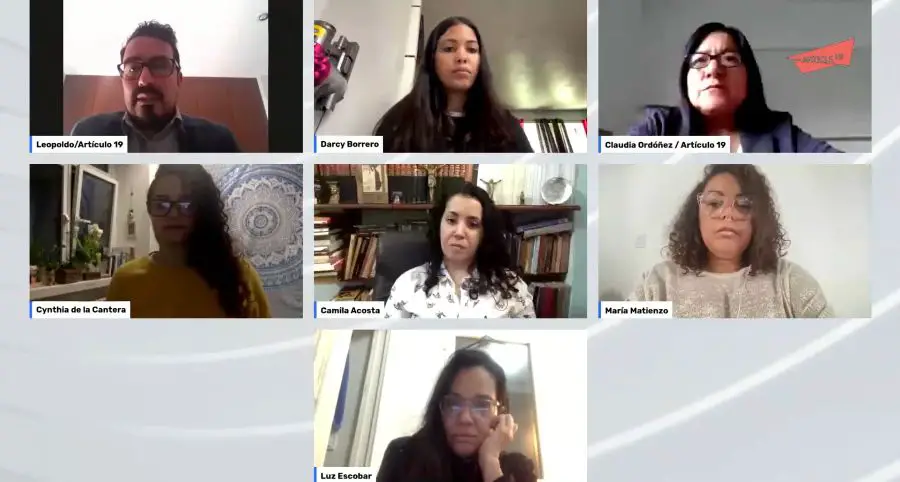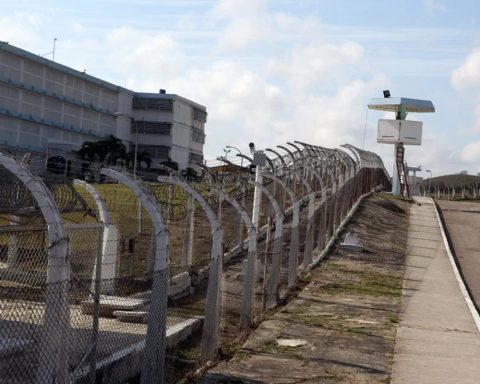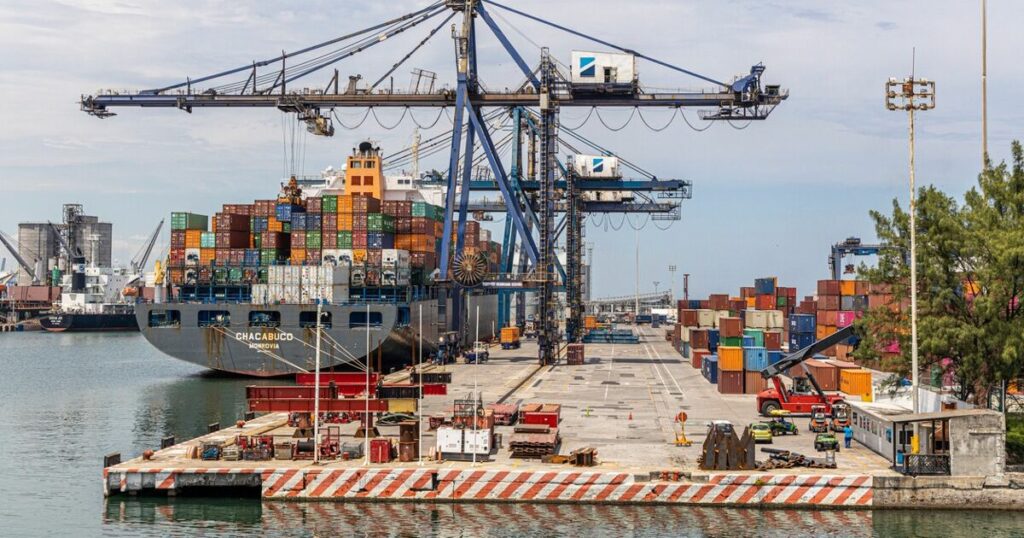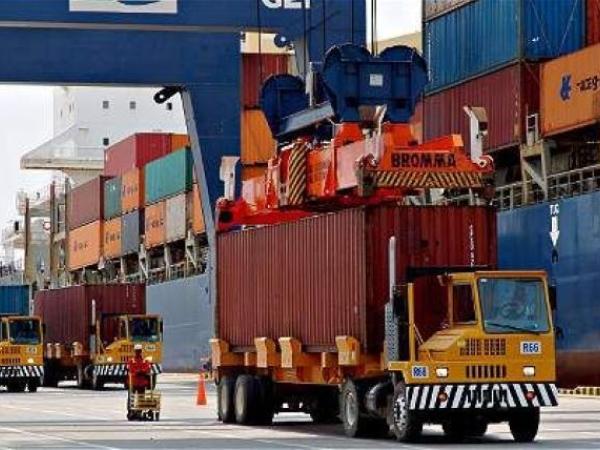MIAMI, United States. – The non-governmental organization Article 19 presented the report on Monday “Silence and exile, the forced exile of independent journalists in Cuba” with the participation of several reporters from the Island forced into exile.
During the presentation of the reportthe NGO recognized that, although the violence of the Cuban State against critical voices is not new, it has intensified in recent years.
“I have been practicing independent journalism in Cuba for almost four years and I equate this to being a war correspondent. In 2021, the organization for freedom of expression and the press registered 1,129 repressions against communicators and at least 508 attacks in 2022,” said the reporter from CubaNet Camila Acosta, the only one who participated in the presentation from Havana.
For her part, journalist Cynthia de la Cantera, from YuccaByte, she said that State Security threatened to start legal proceedings against her if she did not abandon journalism. “Forcibly, I gave up journalism, which has had an emotional impact and my entire environment,” she lamented.
“I have been out of Cuba for three years. Forced exile is not only being pressured to leave your country, it is not knowing what could happen to you if you try to return. The decision to do journalism outside of Cuba entails a series of personal resignations,” said Darcy Borrero, a resident of Miami and currently a collaborator of Newspaper Las Americas.
On the other hand, from Argentina the journalist from CubaNet María Matienzo recalled: “By empathizing with so much suffering, one loses the boundaries between activism and journalism. One of the serious problems of independent journalism is that we do it from technological, economic and information precariousness, ”she lamented.
Finally, Luz Escobar, a reporter for 14ymedio exiled in Spain, recognized that living in another country the “challenge is to do journalism from exile.”
In its report, Article 19 identified the mechanisms of the Cuban State that systematically violate the rights to free expression and information, among others.
“Among the various practices, the fact of threatening, harassing, and intimidating journalists, but also their colleagues, family members, and friends has drawn special attention until the person resigns from his job as a journalist, betrays his colleagues from the media or is forced to leave the country never to return,” the NGO concluded.
According to Article 19, “the recurring use of these practices has intensified after the manifestations of the July 11, 2021 and it has been part of the intensification of the repressive wave unleashed by the authorities. Through threats made by officials of the Department of State Security (DSE), independent journalists are forced to leave the country. This means the rupture of their life plan, uprooting, family separation, as well as the impossibility of returning to Cuba”.
Only between 2021 and the first 10 months of 2022, Article 19 documented the forced exile of eight journalists who expressly declared that they left Cuba due to pressure from DSE agents, as a small sample of what journalists and communicators are facing within the island.
“In addition,” the report underscores, “they suffer a double-track aggression: not only are they forced to leave Cuba but they are also prevented from returning because the authorities impose a restriction on their entry to the country where they were born and from which they are citizens. By forcing them to leave and preventing them from returning because of their condition as journalists, the Cuban State violates the rights to freedom of expression and the press, access to information and free transit,” the text also states.

















